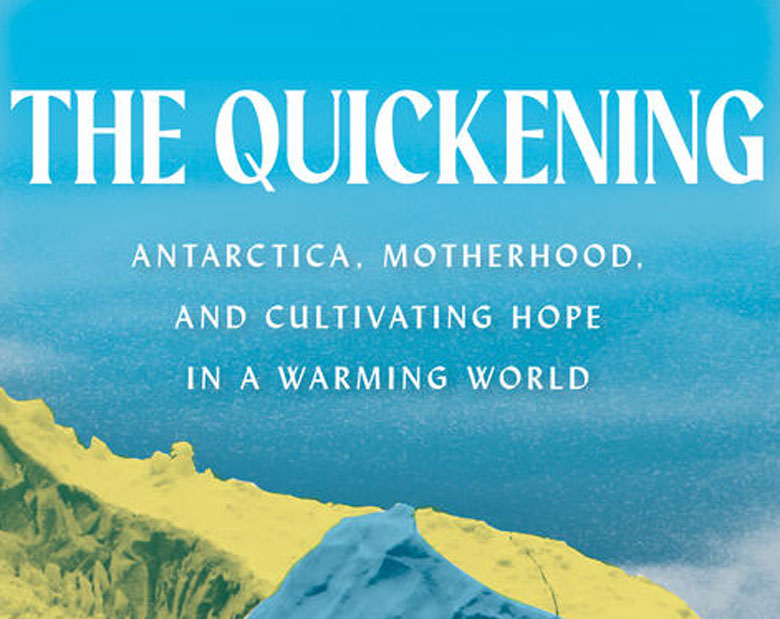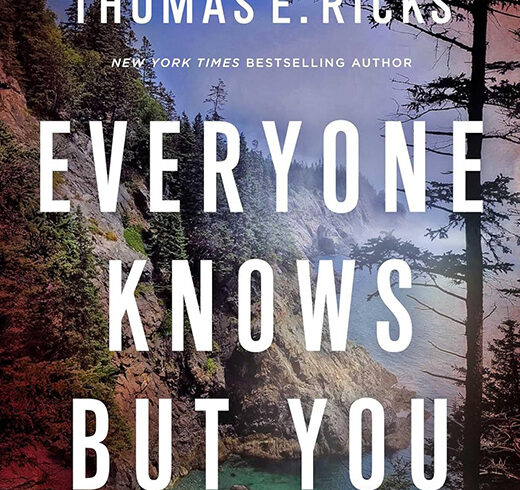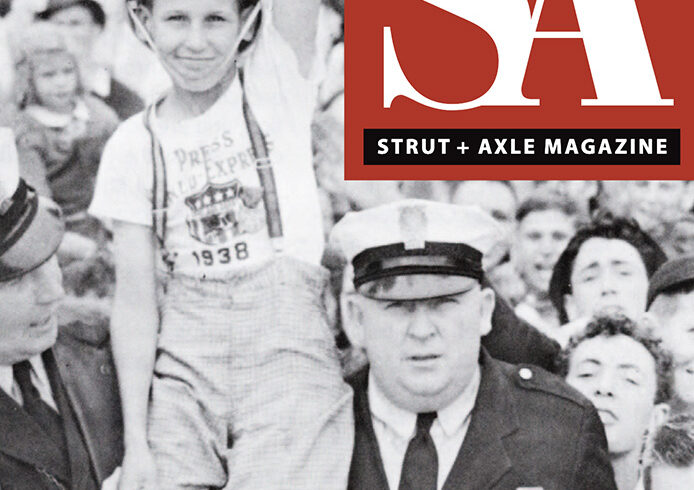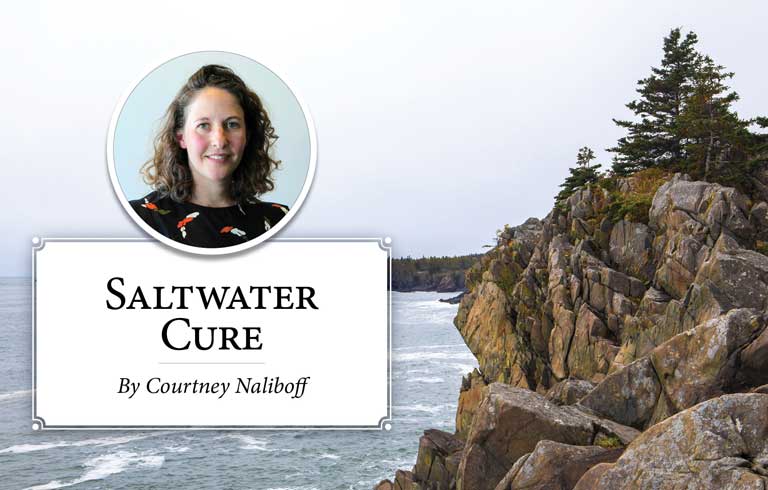The Quickening: Creation and Community at the Ends of the Earth
By Elizabeth Rush, Milkweed Editions (2023)
There are a few reasons why I might have been poised to find The Quickening irritating.
For one, author Elizabeth Rush, a non-scientist, tackles the climate crisis by traveling with scientists to Antarctica’s Thwaites Glacier, which is melting at unprecedented speeds. Hey, we know this already!
For another, Rush decides to link her own bid to have a child with the looming and vivid evidence of climate change. Why bring a child into this threatened world? It’s the sort of thematic merger that seems aimed at a publisher, not a reader.
And lastly, she relies on richly descriptive language to evoke the bleak scenes she encounters in this barren environment. I have little tolerance for over-writing and an approach that suggests the author swallowed a thesaurus.
But guess what? Rush is masterful on all fronts. A lesser writer would have elicited eye rolls. Instead, The Quickening is a powerful piece of science translation, a rigorous moral inventory of a thoughtful person’s response to that threat, and an unflinchingly transparent memoir on the physical and psychological challenges of starting a family.
Her writing is exquisite, as she describes what she sees from the cold, windy deck of the ship and the small, cramped world of the shared rooms…
Hitching a ride on the science ship Nathaniel B. Palmer in South America, Rush renders the shipboard world in all its messy humanity, recording the voices and stories of the cooks, crew, and members of the several science teams. It’s a little claustrophobic, dark, and reminded me of scenes from the space science-fiction film Alien.
The science is explained to the reader just as it is to Rush; she tags along with one team, then another, asking questions, and even pitching in with the work, gathering specimens. That “pitching in” work included one large error, which she owns and explains its implications on the science and scientists.
Her writing is exquisite, as she describes what she sees from the cold, windy deck of the ship and the small, cramped world of the shared rooms in the bowels of the vessel.
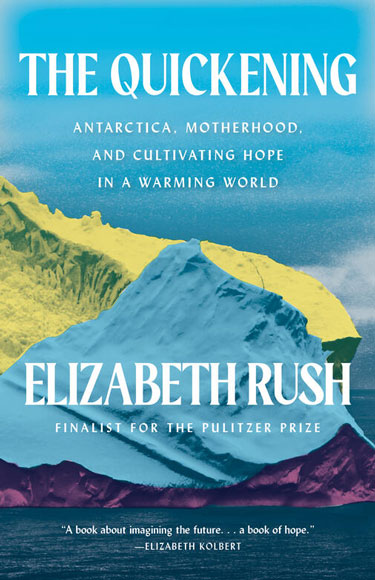
“The lonesome berg rides low in the water,” she writes of the early part of the voyage. “Like whipped meringue piped into a lopsided point, the whole thing lists to the right. Its closest side guttered and blue, the top dove gray. My eyes hold on to the ice, thought I don’t know what to do with it exactly, this scraggly, unorthodox thing.”
The reader experiences, through Rush, the surprise and wonder of discovering how the scientists gather soil cores, how and why they collect animal bits from an island, their anxiety when they lose touch with an underwater remote vehicle, and what they learn from observing this keystone glacier as it reacts to a changing, but undeniably warming environment.
She introduces several of her shipmates—the crew and the scientists—and as a reader, I often can’t remember to whom a writer is referring. Even though her cast is large, the short, transcribed comments on a host of issues, ranging from personal life stories to professional anecdotes are vivid and memorable.
There’s humor, too. One scientist, Lars, describes tagging seals: “It’s a small group in a small place, so you have to get comfortable with other people’s body functions. It takes respect and trust, weirdly enough. Like, sometimes you have to take a crap on the beach…”
Rush wrestles with “the case against kids” and its assertion that population growth is unsustainable.
“The fundamental premise is clear enough,” she writes: “the Earth would be better off without us, or at the very least, with fewer of us.”
But she lands in what seemed to me a reasonable and defendable decision—her child might one day contribute to solutions to the pressing threats. Especially galling is what she digs up about the notion of an individual carbon footprint, apparently created by British Petroleum in a series of clever ads that deflected blame from corporation to individual.
Shameful.
It’s not surprising that her earlier book, Rising: Dispatches from the New American Shore was a Pulitzer finalists. She may just win for The Quickening.
Full disclosure: Rush wrote an essay on climate change for an edition of Island Journal, published by Island Institute.
Tom Groening is editor of The Working Waterfront and Island Journal.
